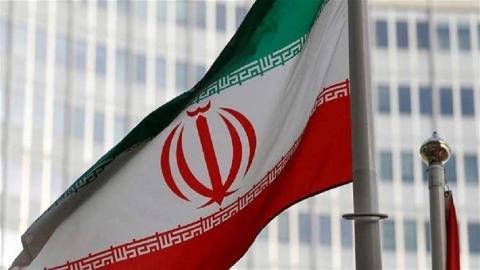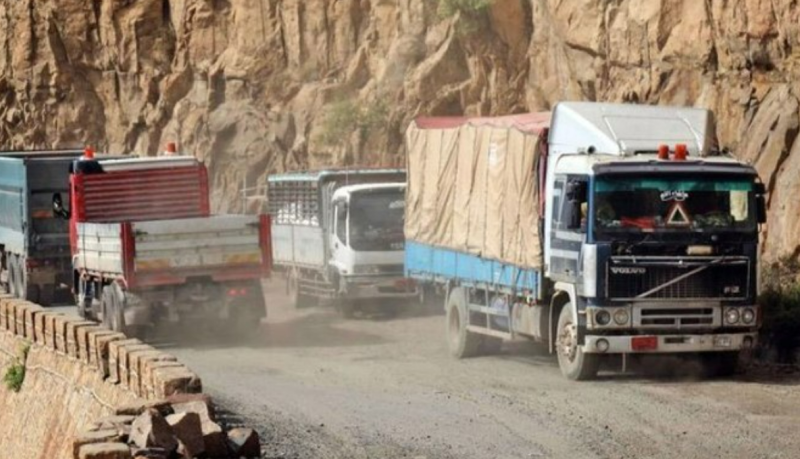Saudis concerned by Iran nuke activity ‘not consistent with peaceful purposes’


Saudi Arabia is “greatly concerned” by the recent increase in Iranian nuclear activity, a foreign ministry official in Riyadh told Reuters on Friday as Tehran continues to violate the terms of the 2015 nuclear deal.
The official said the kingdom “is greatly concerned about the increased pace of Iran’s nuclear activities and development of capabilities … that are not consistent with peaceful purposes.”
On Tuesday, the International Atomic Energy Agency (IAEA) reported that the Islamic Republic intended to enrich uranium to 20 percent, in the latest sign that Vienna-based indirect negotiations between the US and Iran to revive the nuclear deal, or Joint Comprehensive Plan of Action (JCPOA,) could be stalling.
An IAEA statement said Tehran had told the agency that it would be sending the enriched uranium to its research and development laboratory at the fuel production plant in Isfahan.
The aim would be to make fuel for a research reactor, the agency added, but a joint statement by European ministers cast doubt over that claim, calling it a “serious violation” of Iran’s commitments under the 2015 nuclear deal.
The latest move takes Iran a step closer to developing materials that could be used to make a nuclear weapon, although Tehran insists it is only interested in the technology to fulfill its energy needs.
The Saudi official speaking to Reuters said the latest activity “represent[s] an increasing threat” to regional security and non-proliferation efforts in addition to hampering efforts to secure “a comprehensive nuclear deal that ensures global and regional security and stability.”
Iran has gradually moved away from the terms of the deal it signed with world powers in 2015. Former US president Donald Trump pulled the US out of the deal in 2018.
The talks in Vienna to try and revive the JCPOA have not moved forward in recent weeks and no date has been set for the next round of talks. Ebrahim Raisi, a new hardline president, is due to take office in Iran on August 3, and it’s unlikely he’ll give the same backing to the talks afforded by current president Hassan Rouhani.
After the enrichment announcement, the United States and Europe warned Iran to stop nuclear “brinksmanship” and European powers expressed “grave concern” over Iran’s latest moves.
Media reports in April revealed that Iranian and Saudi officials met in Baghdad that month. Ties between the two countries were cut in 2016 after Iranian protesters attacked Saudi diplomatic missions following the kingdom’s execution of a revered Shiite cleric.
The regional rivals have backed opposite sides of several regional conflicts, from Syria to Yemen, where a Saudi-led military coalition is fighting the Houthi rebels. Iran backs the Houthis, who are battling the coalition that intervened in Yemen’s war in support of an internationally recognized government in 2015.

At least 13 people died in road accidents in two Yemeni provinces this week, the latest in a series of crashes that have claimed the lives of dozen…

The UAE’s President Sheikh Mohamed bin Zayed Al-Nahyan met with Russian President Vladimir Putin during a visit to St. Petersburg on Tuesday…

The Omani capital of Muscat was preparing today to welcome Sheikh Mohammed bin Zayed Al Nahyan, President of the United Arab Emirates, on hi…